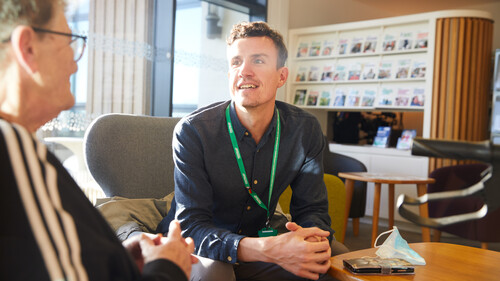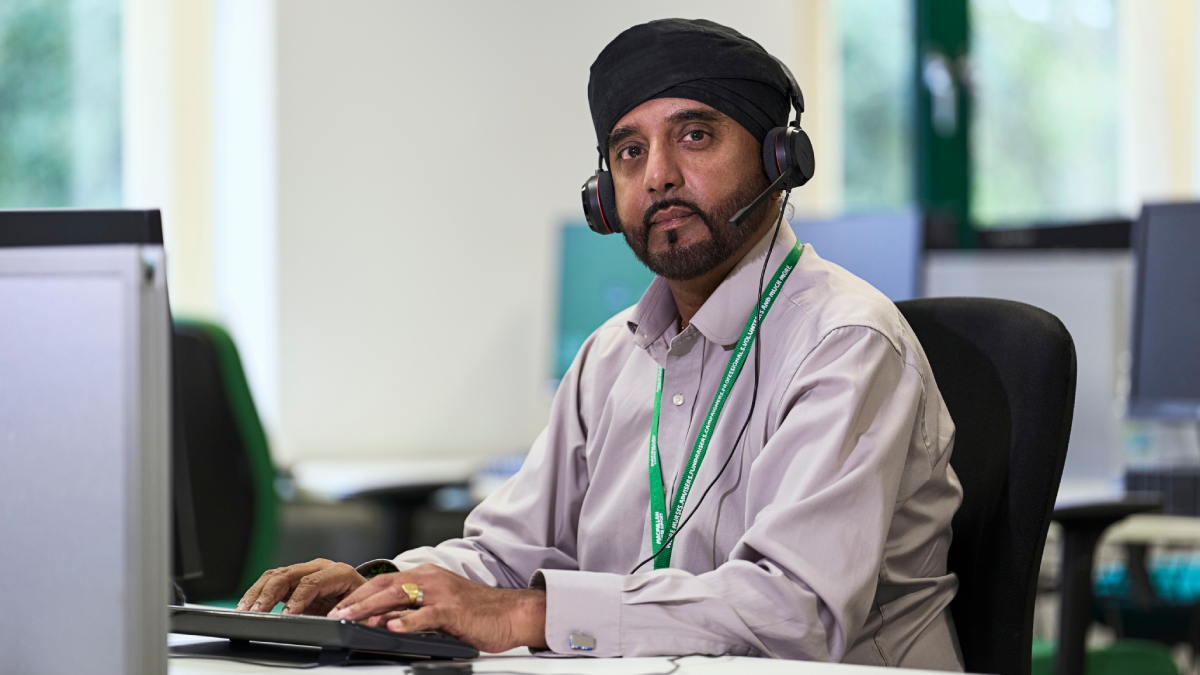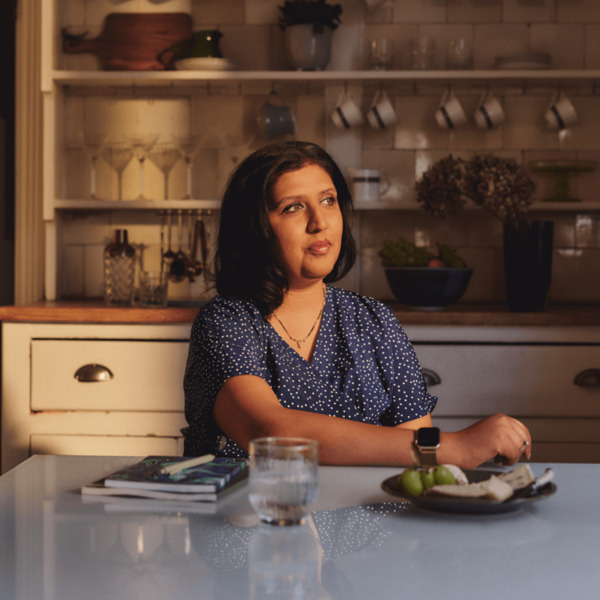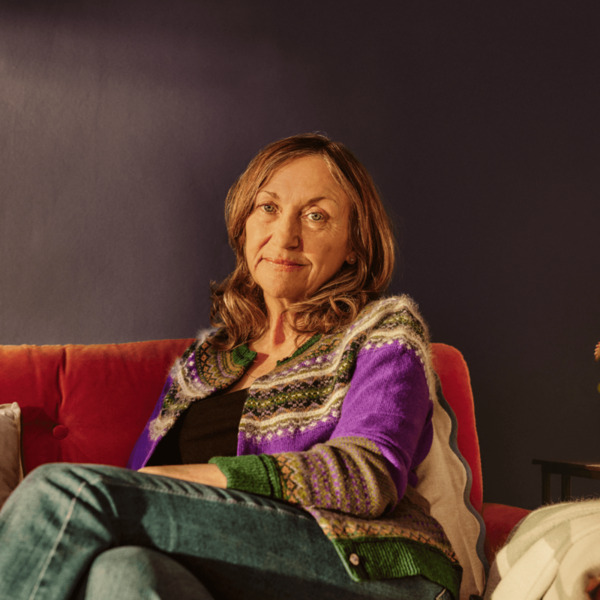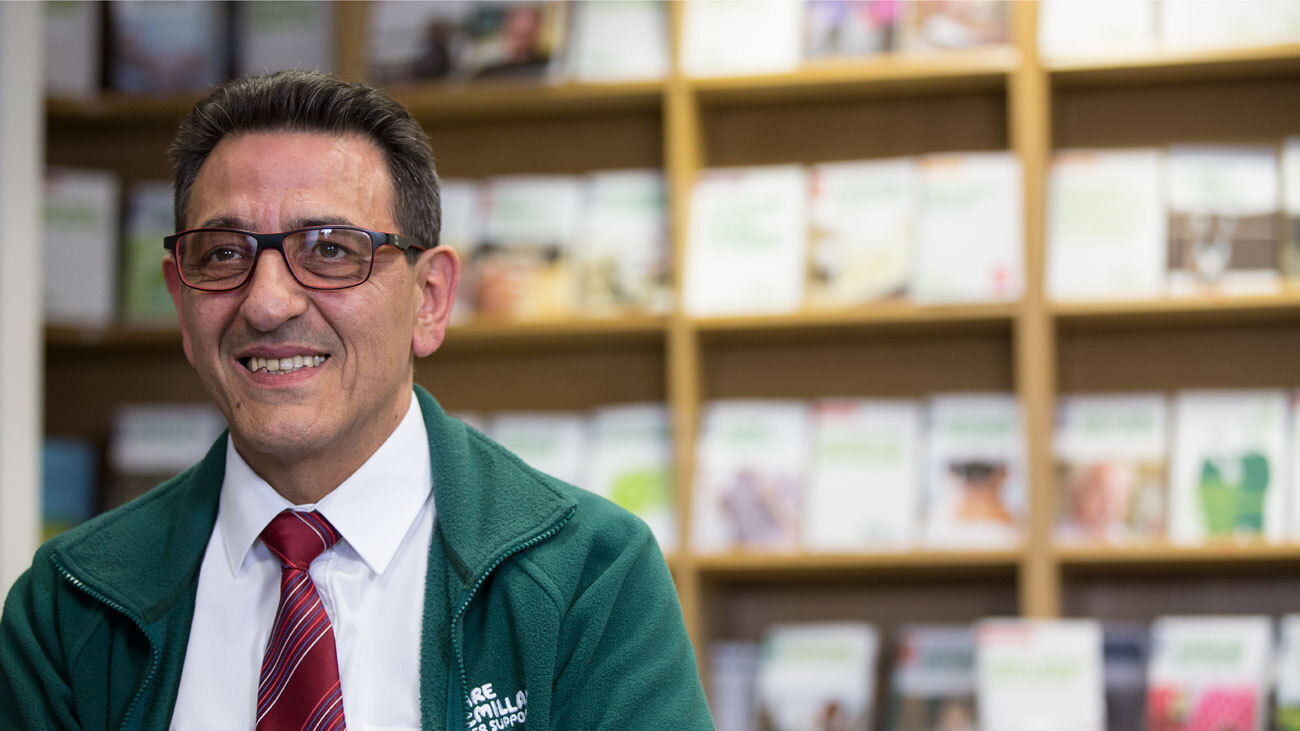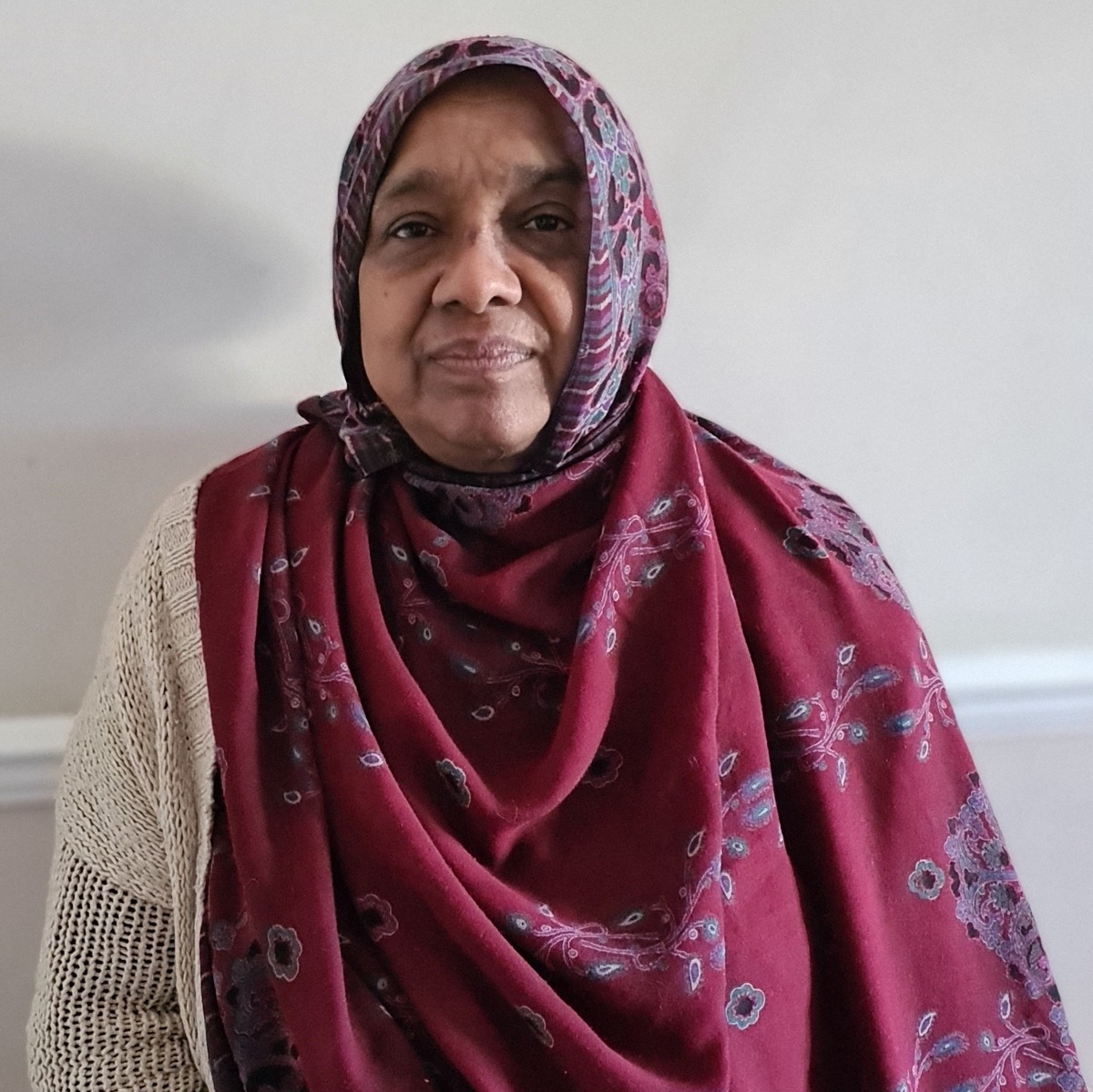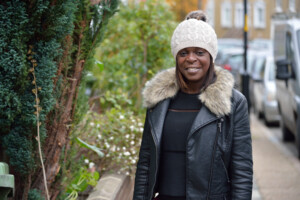How Macmillan helped Mohammad through bowel cancer treatment, disability, and life with a stoma
Mohammad was admitted to A&E after a bad reaction to his first round of chemotherapy for his bowel cancer. Further treatment, including surgery to remove a tumour, has left him unable to walk independently, so he now uses a stick and mobility scooter.
Mohammad had support from the Macmillan Support Line and Macmillan Nurses who helped to ‘smash barriers’ for him, including ensuring he was able to see his wife and religious advisors during a prolonged hospital stay. Mohammad has also had to navigate the added complexities of life with a stoma and now wants to help educate others.
A stoma (colostomy or illeostomy) is an opening made during surgery. It connects the bowel to the surface of the tummy. A disposable bag is worn over the stoma. We have more information about stomas.
“It is a disability, absolutely. I don’t think people recognise it. If I go into a toilet to change my bag, I use the disabled toilet to do so. Some don’t let you in unless you have the key and if you don’t have the key, you have to explain to them about the stoma.”
Mohammad is sharing his story as part of our Whoever You Are campaign.
“It is a disability, absolutely. I don’t think people recognise it. If I go into a toilet to change my stoma bag, I use the disabled toilet to do so."



